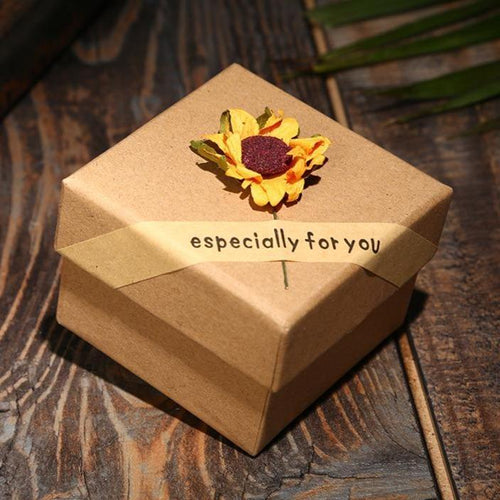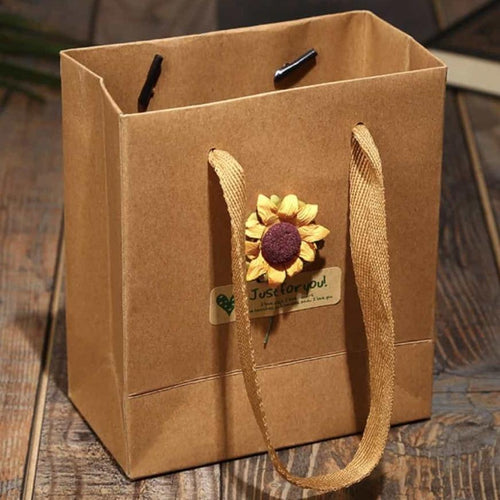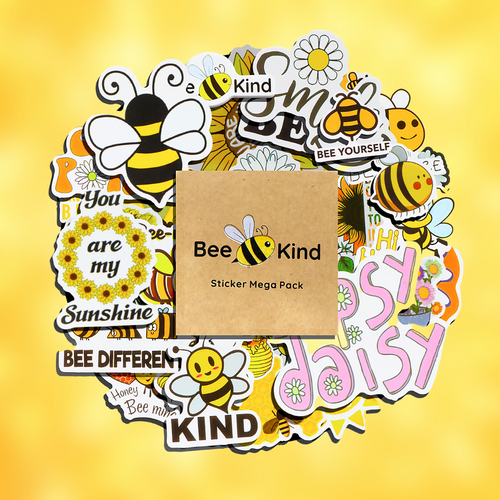Do you know that honeybees are responsible for 1 in every 3 bites of food we eat? That’s right! They’re the world’s busiest pollinators, with a really important job to do. Honeybees pollinate more than 100 types of crops in the U.S., help maintain the diversity of plant life and ultimately, play a crucial role in our ecosystem.
Unfortunately, it’s getting tougher for honeybees to survive. Their population is dwindling due to loss of habitat, pesticide and insecticide use, and parasites.
Humans benefit greatly from a healthy honeybee population. Because the future of food depends on healthy pollinators, it’s time for everyone — even the kids — to make honeybees a priority.
Q: Why are bees Important?
A: Honeybees are vital to our supply of healthy foods. Honeybees are pollinators, which means they travel from plant to plant to collect and deposit pollen – which makes it possible for many flowers, fruits and vegetables to reproduce. Bees also pollinate the clover and alfalfa that cows eat. In fact, one in every three bites of food you eat depends on pollination, either directly or indirectly. So, if these hardworking bees and other pollinators disappear, many of our favorite foods like apples, almonds, strawberries and tomatoes will be greatly affected.
Q: Why are bee populations declining?
A: There has been a noticeable and steady decline in the bee population, which scientists and beekeepers believe may be caused by a combination of factors, including parasites, loss of habitat and increased exposure to pesticides and insecticides. Although the problem is complex, it’s not too late to help preserve pollinators — and secure the future of food.
Q: What can we do to help honeybee populations?
A: Plenty! Here are seven simple ways you can help these vitally important insects thrive — right in your own backyard.
- Go wild. Let part of your lawn grow without mowing. Bees love flowering weeds and grasses.
- Grow native plants. A patch of wildflowers will add color and a nectar source for bees. Cultivate a landscape with diverse colors, shapes, sizes and bloom times. Don’t have a yard? Grow pollinator-friendly plants in an outdoor space in your city. (Seed flings are perfect for tossing into abandoned lots or other urban greenspaces)
- Create a bee “pond.” Bees can’t swim or get their wings wet, but they need water, too! Try filling a shallow pie pan with pebbles and water, so bees have somewhere to land and sip some H2O. Bonus: no cleaning required! Bees actually love “dirty” water, which is why they love the water that gathers in saucers under flower pots.
- Ditch the harmful sprays. The sprays we tend to use on plants and veggies hurt the good bugs and keep us from getting the nutrients we need. Care for your lawn and garden organically and explore alternatives like incorporating plants that attract beneficial insects for pest control. Try a sprinkling of cayenne pepper around pestered plants. Sometimes the best method is to pick unwanted bugs right off!
- Buy local, organic produce. Support farmers who are doing their best to support bees. Anytime you choose organic food, you know pesticides that can harm our pollinators were not used. Bee on the lookout for veggies and fruits, which contain nutrients that can help our bodies stay healthy — all brought to you by bees! And don’t forget to buy local honey! You’ll help support a thriving local honeybee ecology, which means that more food can be grown locally.
- Please don’t swat! Honeybees very rarely sting, but they are curious creatures. If a honeybee approaches you, be still as she checks to see if you have any nectar. Once she knows you’re not a flower, she’ll buzz along. While other kinds of insects can sting, like wasps and yellow jackets, they look very different from honeybees. Learn how to recognize honeybees so you’ll know they mean no harm. Once you know what a honeybee looks like, help your friends learn, too!
- Support organizations that help bees. Bee Kind Shop was created with the mission to help protect bee colonies around the world. By partnering with non-profit organizations, we are able to donate a portion of every purchase made on our website towards developing bee colonies and providing them with the best possible conditions. Click here to browse our bee-friendly products :)
A portion of every purchase at Bee Kind Shop is donated to non-profit organizations that help save bee colonies around the globe.












